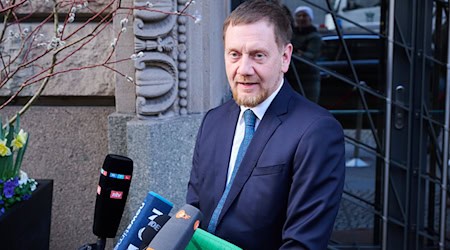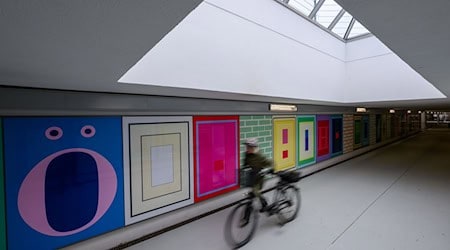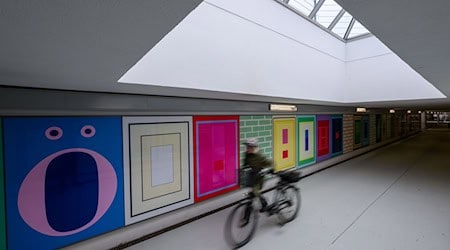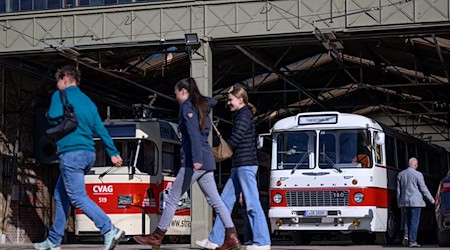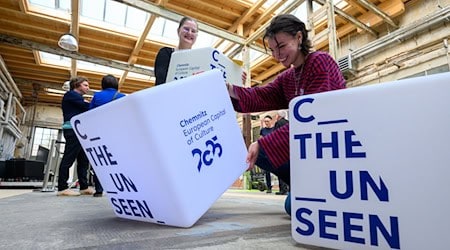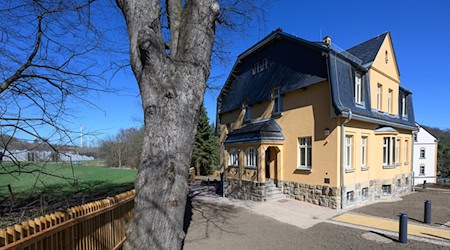BSW head Sabine Zimmermann is calling for a reform of the Cultural Areas Act for the Free State of Bavaria. "So that theaters and orchestras, but also museums, libraries and socio-cultural centers are preserved and financed on a permanent basis," she told the German Press Agency. The previous law, which had ensured the existence of cultural institutions in rural areas for 30 years, no longer worked.
Personnel and material costs increase, subsidies do not
Zimmermann recalled that the financing of cultural institutions through mandatory levies from the districts and allocations from the state has always had a fundamental problem: "The funding amounts were fixed, while the personnel and material costs of the institutions increased every year." Theaters and orchestras in particular had been "tortured to death" with demands for savings. Almost all of them had to conclude in-house collective agreements that significantly reduced the income of their employees.
In Zimmermann's opinion, the government later tried to creatively circumvent the regulations of the Cultural Areas Act with the "Cultural Pact". "However, the Saxon state government has handed over a poisoned gift." This is because the already hard-pressed and almost universally highly committed municipal providers would have had to bear 30 percent of the costs, which not all of them were able to do, which is why the replacement of the in-house collective agreements did not succeed across the board. "The CDU in Saxony has therefore sidelined culture."
BSW boss sees culture sidetracked
"Since last year at the latest, almost all theaters and orchestras in rural areas and in Chemnitz have been warning of imminent insolvency, so the Minister of Culture finally offered to plug the biggest holes with unspent budget funds. It is clear that this method will soon come to an end." The municipal theaters and orchestras - with the exception of Leipzig and Dresden - would still make it through this year. "They don't know for sure whether they will survive 2025. The situation is now as uncertain as it was in the early 1990s."
Cultural Areas Act unique in Germany
The Cultural Areas Act came into force 30 years ago and is a unique concept for cultural funding in Germany. It states that the independent cities of Chemnitz, Dresden and Leipzig each form an urban cultural area. There are also five rural cultural areas. Decisions on the funding of facilities and projects are made independently. The state supports the local authorities with 106 million euros via the Cultural Areas Act. The cultural areas levy a contribution to finance their share. The Saxon Cultural Senate had also already spoken out in favor of reforming the Cultural Areas Act.
Copyright 2024, dpa (www.dpa.de). All rights reserved



